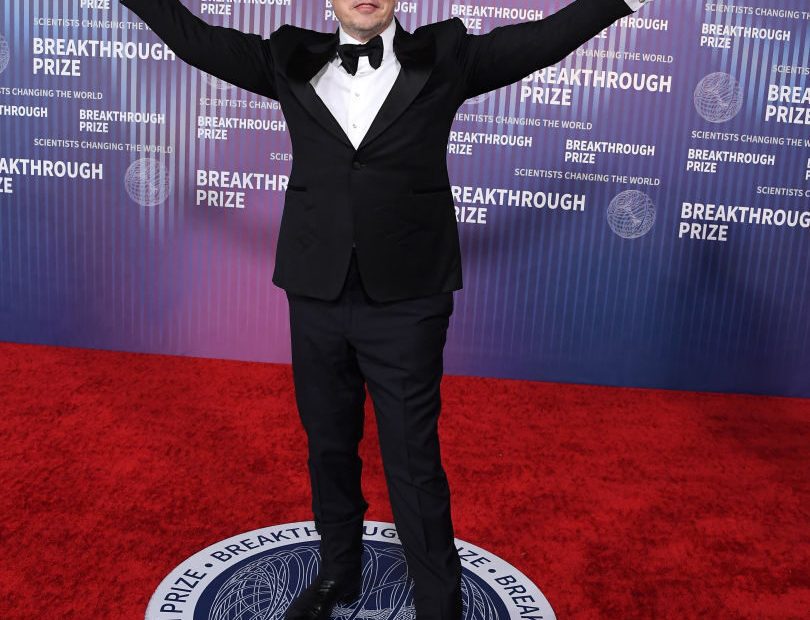
“Discoveries on these topics are inevitable, and there is no reason to delay further,” the executives argued.
The executives have asked the court to open discovery at a hearing scheduled for Nov. 15 to avoid further delays that they fear could harm their severance claims.
Neither X nor a lawyer for former Twitter executives David Anderson were immediately available for comment.
X's struggle to avoid severance pay
In their complaint, Twitter's former executives — including Agrawal and former Chief Financial Officer Ned Segal, former Chief Legal Officer Vijaya Gadde and former general counsel Sean Edgett — alleged that Musk intended to deny their termination in order to make them pay for additional costs that they approved, sealing the Twitter deal.
They claimed that Musk told his official biographer, Walter Isaacson, that he would “hunt every one of them” until the day they die, and that he would “take a lifetime of revenge.” Musk even allegedly “bragged” to Isaacson about “specifically how he planned to cheat Twitter executives out of their severance packages to save himself $200 million.”
Under their severance agreements, the executives could only be denied benefits if they were fired for “cause” under specific conditions, they said. None of these circumstances would have applied to their abrupt dismissal at the time the merger agreement was signed.
“The cause of action for dismissals is limited to extremely limited circumstances, such as conviction for a crime or the commission of 'gross negligence' or 'intentional misconduct,'” their complaint states.
Musk tried to “manufacture” “ever-changing theories of causation,” they alleged, in part by alleging that the “success fees” paid to the law firm that dismissed Musk's lawsuit in an attempt to back out of the deal were “grossly negligent” ' or 'intentional misconduct.”
According to Musk's motion to dismiss, the former executives “attempted to saddle Twitter, and by extension the many investors who acquired Twitter, with exorbitant legal fees by making approximately $100 million in unnecessary payments in the final hours before Twitter's acquisition certain law firms. closed.” Musk had a major problem with that, according to the motion to dismiss, because the fees were paid despite his objections.

